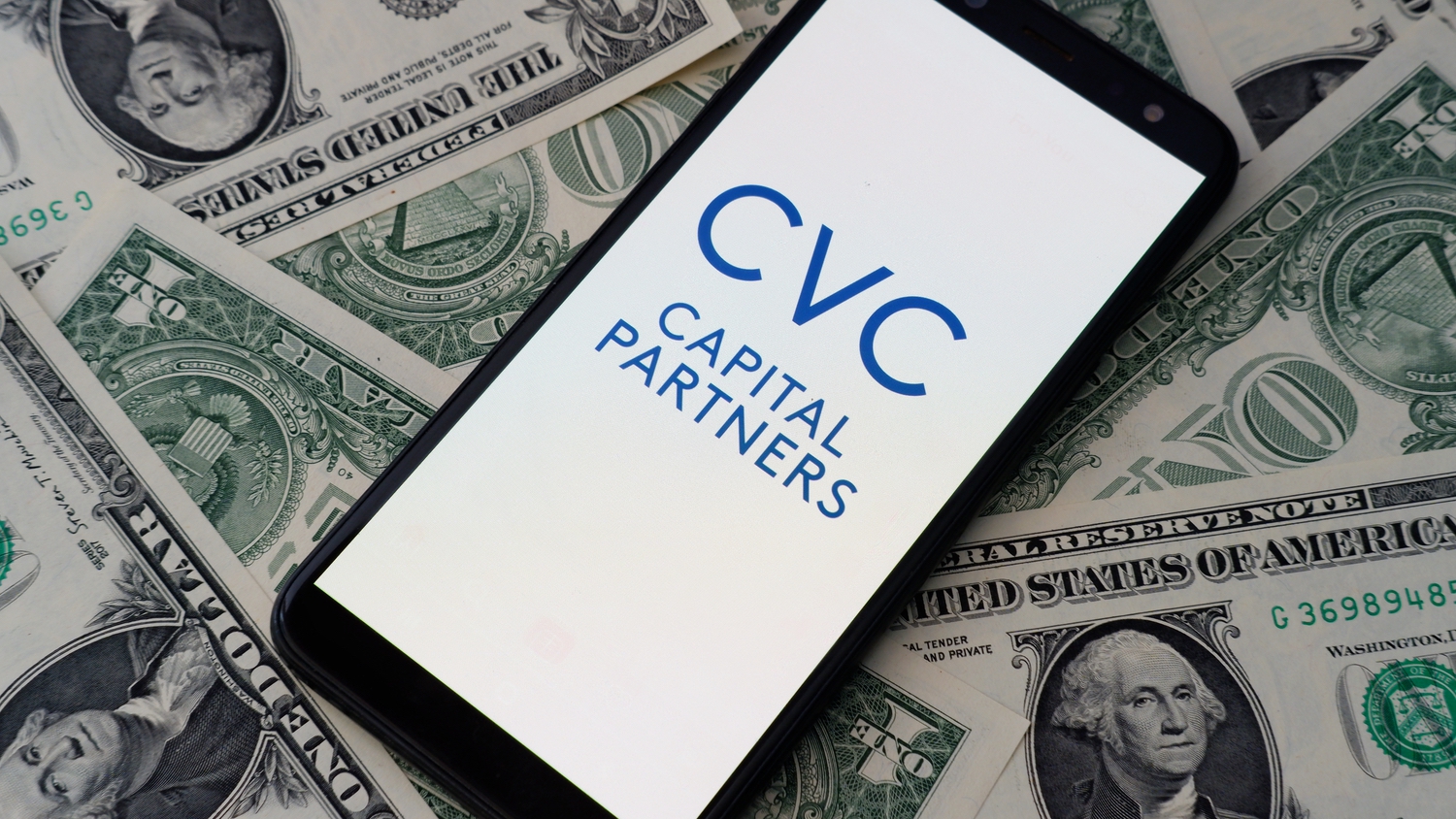

Companies are not the only ones facing a liquidity squeeze. Private equity funds, which specialise in financing, are also struggling in a less buoyant macroeconomic environment. In order to maintain their market position, they are merging. The experts at AURIS Finance, a consultancy specialising in mergers and acquisitions, explain.
Against a backdrop of rising interest rates, it is becoming more difficult to raise capital. While many companies have had to abandon development projects for lack of new funding, the entire financing chain is now being affected.
A consolidation of the sector is unavoidable
The private equity industry currently comprises some 11,000 players worldwide, including around 300 asset managers in France and more than a thousand in the United States. According to an analysis by Dechert LLP, which publishes “Global Private Equity Outlook 2023“, rising interest rates have had a significant impact on the economics of the industry: “Financing costs are now higher. This affects not only new transactions, but also existing assets where floating rates have not been hedged. For companies with high margins, this will not be a problem. However, if economic growth slows significantly or contracts, portfolio companies’ revenue and earnings growth will decline. In the case of highly leveraged capital structures, this will increase the risk of corporate failures and forced restructuring,” the report says.
Notable mergers
Against this backdrop, private equity funds are looking to acquire other players. In early September, Bridgepoint announced the acquisition of US-based Energy Capital Partners (ECP) for £835 million. The deal marks a major consolidation: with the acquisition of ECP, the UK-listed company now has some $57 billion of assets under management, held in debt and private equity. In particular, the group controls the Burger King franchise in France and Burger King UK. A few days earlier, the European private equity giant CVC acquired the Dutch company DIF Capital Partners. DIF Capital Partners’ portfolio includes Saur, France’s third largest water company. This is a major acquisition for CVC, which is now the world’s leading private equity giant with €177 billion in assets, up from €133 billion before the acquisition.
A slump in fundraising
For unlisted entities, the pressure is having a sustained impact on target companies. According to EY, fundraising in France is expected to total €4.3 billion by the end of 2023, down from €8.9 billion in 2022. This sharp decline is due to the inability of funds to predict short- and medium-term profitability. In this environment, investment decisions take a long time: according to research institute Perqin, it now takes an average of 20 months to complete a fundraising round, an all-time high in the history of private equity.
Our experts at your side
The private equity industry is likely to continue to consolidate over the coming months. The giants of the sector are undoubtedly the most likely to be able to develop joint strategies, particularly where both parties have similar portfolio holdings. Companies seeking financing will therefore need to step up their efforts to find the right partner. AURIS Finance’s teams are specialised by industry. Our experts can help you find the right financial partner.


